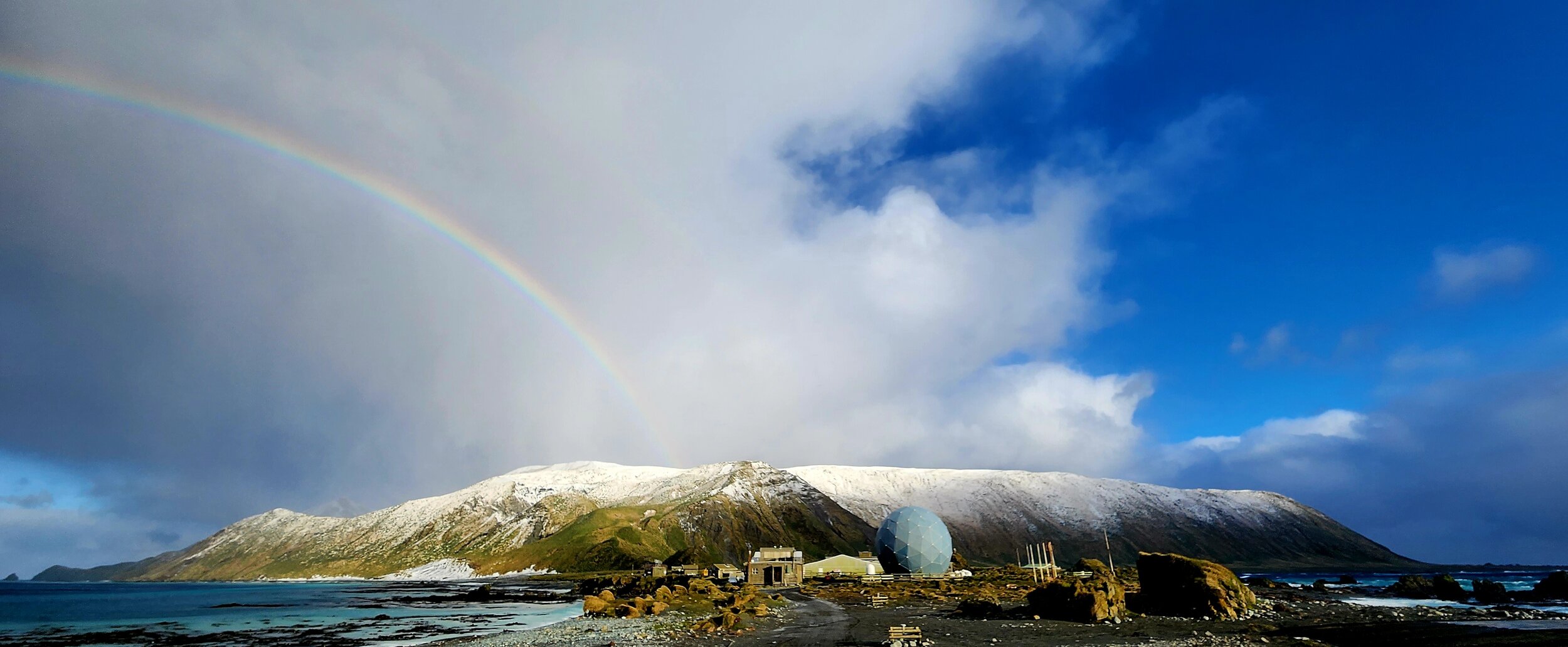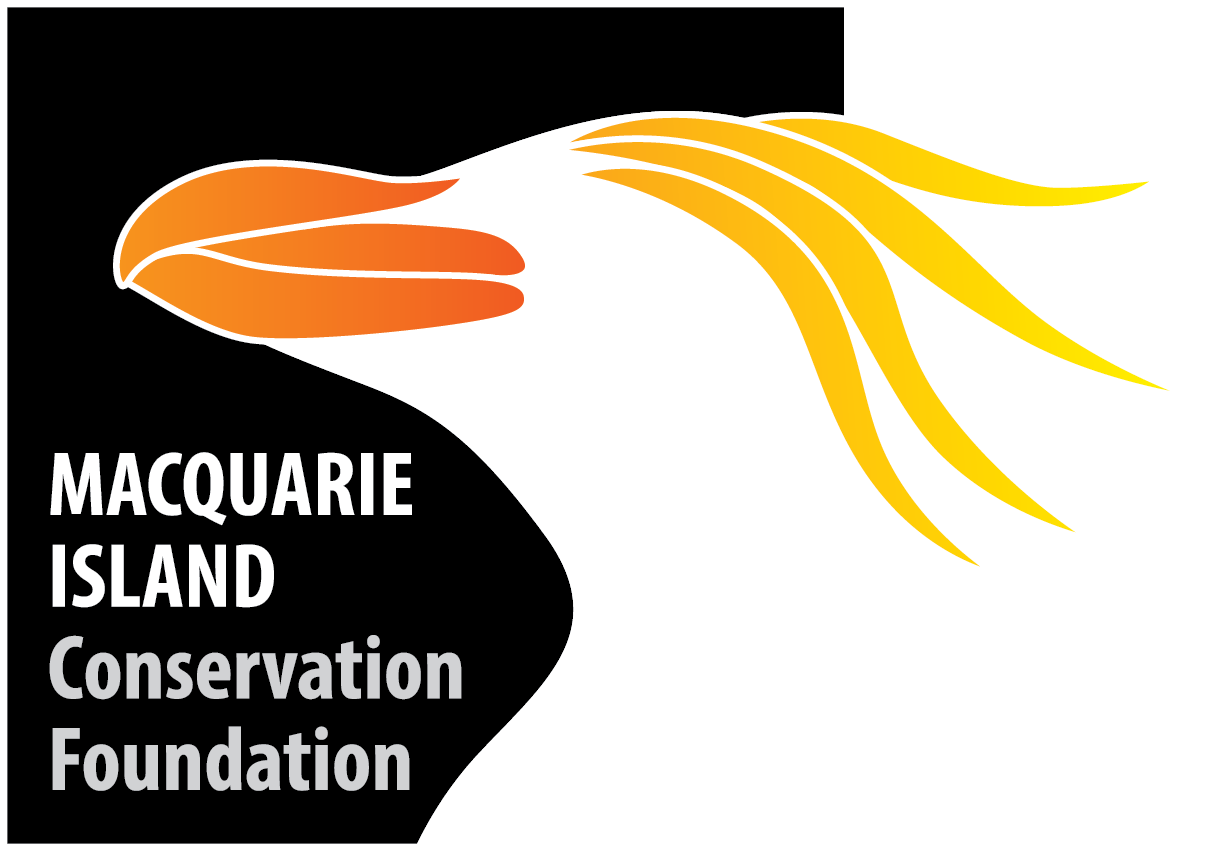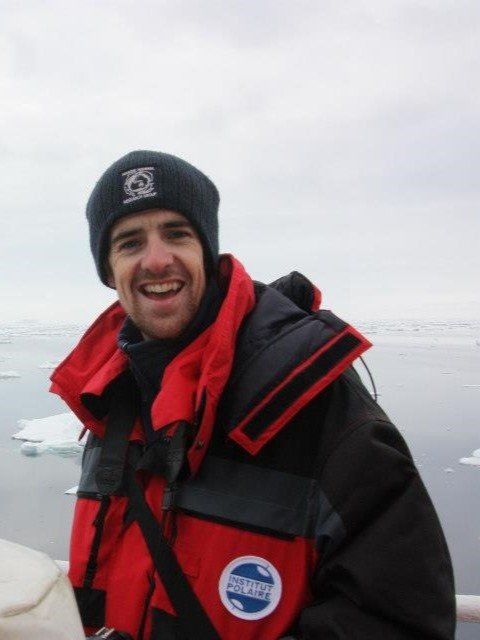
Grants
2025 Round
Photo: Greg Mercer
Macquarie Island Conservation Foundation Grants
The Macquarie Island Conservation Foundation (MICF) funds and facilitates science and research programs, as well as provides supplementary support to management initiatives, student research and outreach activities which benefit the conservation of Macquarie Island.
MICF Grants are available to support researchers, students, members of the community and other groups to deliver projects targeted at the conservation of Macquarie Island.
Applications have closed for the 2025 round
Objectives
MICF’s vision for Macquarie Island is that the natural and heritage values remain protected from threats and conserved for current and future generations. Despite its remoteness, the sub-Antarctic is not immune from environmental change and the backdrop of reduced funding. MICF aims to deliver a sustainable funding stream to facilitate conservation, research and engagement initiatives that benefit Macquarie Island.
Eligibility
To be eligible to receive a grant you must be affiliated with either:
A research institution (University, Government or Private).
A relevant local, state, or federal government organisation.
A community group, association, or organisation.
Another relevant conservation or research organisation.
-
Supported projects and activities must demonstrate alignment with one of MICF’s current funding priorities:
Conservation priorities
a) Understanding the impact of climate change on Macquarie Island.
b) Ecosystem recovery following the pest eradication.
Engagement and Outreach
More details about these priorities can be found on the MICF website - macquarieisland.org/current-funding-priorities
-
Grants are available up to AU$7500
All project and activity costs are considered eligible unless outlined as ineligible below.
-
Ineligible costs include:
Staff costs for administering the grant, including grant writing and reporting.
Costs incurred outside of the grant period specified below.
Institutional overheads
-
Grant funds must be spent, and activities undertaken, in alignment with the MICF Principles - macquarieisland.org/our-principles
Grant funds must be fully expended in the grant period, which commences upon return of the signed grant agreement and concludes 12 months hence.
Grant applicants must provide a valid tax invoice to receive funds.
Recipients must return the signed grant agreement and issue an invoice to MICF within 3 months of receiving the grant agreement. To facilitate this process, we ask that you seek all relevant internal approvals prior to submitting your application.
For projects at Macquarie Island, the disbursement of funds will be contingent upon the project gaining applicable permits, approvals, and logistic support from the relevant agencies.
Grant recipients will acknowledge support of the MICF in all publications, presentations and outputs resulting from this grant including, where appropriate, use of the MICF logo.
Grant recipients agree to provide content such as images, video, text to be used by MICF to promote funded projects on our website, social media and directly to supporters and funders.
Grant recipients are required to deliver a talk/presentation on the outcomes of their project/activity at the request of MICF.
A brief evaluation report will be required to be submitted to the MICF within 8 weeks of completion of the grant period. The report will include details of the project/activity, expenditure of funds, outcomes and impacts.
-
Satisfaction of eligibility requirements.
Demonstrated alignment with one of MICF’s current funding priorities.
Project benefit to the conservation of Macquarie Island.
Includes consideration of problem being addressed and resulting outcomes.
Project capability to deliver.
Includes consideration of the objectives proposed to deliver the outcomes and the ability to deliver them (i.e. methods/approach, project team skills and submitted budget).
-
The 2025 MICF Grant application round will close 5pm (AEDT) 15 November 2024. Applications received after this date will not be considered unless written approval is given by MICF.
Applications will be assessed by the MICF Grant sub-committee. The Grant sub-committee will assess and score the applications against the selection criteria and rank proposals accordingly. Based on this ranking, the Grant sub-committee will make recommendation to the MICF Management Committee on which projects should receive partial or full funding.
Applications will be assessed based on the written information provided by the applicant. The sub-committee may request further information to assist its assessment.
How to Apply
Read the Grant Guidelines carefully. Any questions are welcome – please contact info@macquarieisland.org
Download the application form.
Submit your application via the online portal by the closing date.
You will receive acknowledgement of your submission and be informed of the outcome in December 2024.
Grant sub-committee
Grants are assessed by the MICF Grant sub-committee. The Grant sub-committee includes external representatives knowledgeable in Macquarie Island conservation and research, a member of the MICF Management Committee, and an Independent Chair.
Jennie Churchill - Chair
Following a twenty-year career as a veterinary scientist, Jennie gained leadership, governance and management experience across not-for-profit organisations – including CEO of the University of Sydney Veterinary Science Foundation – Boards, media and communications, and government policy. A Graduate of the Australian Institute of Company Directors, she sits on the UTAS Animal Ethics Committee. Jennie has a deep interest in science-based conservation and was a Tasmanian Land Conservancy Board member for 10 years, three as Chair. Jennie followed the Macquarie Island pest eradication program closely and was thrilled to visit Macquarie in 2022.
Dr Cath Dickson
Cath is the Conservation Science and Planning Manager with the Tasmanian Land Conservancy (TLC), she has 20 years’ experience working in the not-for-profit eNGO and government sectors in southern Australia. While in South Australia Cath has focussed on threatened flora recovery and wetland restoration as one of the founding members of Nature Glenelg Trust, where she remained on the Board for over 10 years. Mid-career Cath completed her PhD at Monash University on the response of a dominant threatened flora species to climate change on Macquarie Island, which created a deep passion for the island, its biodiversity and effective conservation management. Cath has now returned to her other passion of applied conservation with the TLC in Tasmania, where she works with the team to undertake and integrate conservation science into best practice management.
Dr Clive McMahon
Clive is an ecologist interested in the behaviour and ecology of Southern Ocean mammals and birds and how their at-sea performance responds to the in-situ physical structure and functioning of the ocean, using miniaturized animal-borne sensors. Clive co-chairs the Animal Borne Ocean Sensor network (AniBOS) as part of the Global Ocean Observing System. These observations from remote and inaccessible regions such as the Antarctic Shelf, provide an unparalleled and integrated source of physical and behavioural data from the polar seas and surrounding oceans, allowing a better understanding of how the oceans are changing in response to global warming and what the consequences of these changes are on the performance and demographics of the marine mammals and seabirds that inhabit the polar oceans. Clive first undertook research on Macquarie Island in 1993.
Dr Ben Arthur
Ben is a marine ecologist and science communicator who has worked in the marine sciences for 15 years. He completed his PhD in 2016 and has led field research programs in Antarctica and the sub-Antarctic, including Macquarie Island, with the Australian, French and South African national Antarctic programs. Ben has circumnavigated the Australian continent on marine research voyages. He currently coordinates marine science engagement at the CSIRO Marine National Facility, where he also acts as a voyage manager coordinating complex, multi-million-dollar research voyages. Ben is a passionate communicator of science and its importance to our everyday lives.
Bianca Priest
Bianca has over 24 years’ experience in natural resource management, delivering ocean and protected species policy, program, and operational outcomes for the Australian Government and eNGOs. During the past 16 years in Government, Bianca has worked on flagship marine conservation programs including: Marine Bioregional Planning; Management Plans for Australia’s national networks of Australian Marine Parks; and overseen management of 60 Australian Marine Parks and three island parks. Bianca has also worked on bilateral and multilateral programs for the Australian Government including a posting to PNG to deliver the Environment Pillar of the Kokoda Initiative, and to support implementation of the Coral Triangle Initiative in Solomon Islands. Prior to joining the public service, Bianca managed national and state-based shorebird conservation programs for eNGOs, including Birdlife Australia and WWF-Australia. Bianca has a Master of Wildlife Management from Macquarie University and a Bachelor of Science (Resource and Environmental Management) from the Australian National University. Bianca visited Macquarie Island in 1999 during a marine science voyage.





